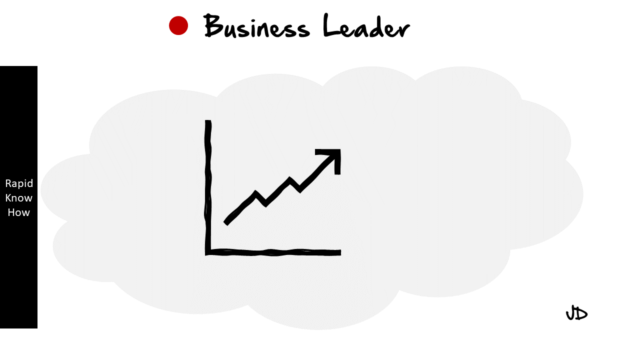Problem:
The industrial gas industry is a complex and multifaceted sector, with a variety of business models vying for dominance. The choice of business model can significantly impact a company’s free cash flow, which is a critical indicator of financial health and stability. However, understanding the nuances and implications of each model can be challenging.
There are four primary business models in the industrial gas sector: the supplier model, the service provider model, the low-cost provider model, and the solution provider model. Each has its own strengths and weaknesses, and their impact on free cash flow can vary greatly.
Similarly, companies must also decide whether to invest in fixed assets or virtual assets. This decision can have significant implications for a company’s balance sheet and cash flow statement.
Impact:
The stakes are high in the industrial gas industry. Companies that choose the wrong business model or make poor investment decisions can find themselves struggling to generate sufficient free cash flow. This can lead to financial instability and even bankruptcy.
Moreover, the industrial gas industry is highly competitive. Companies that fail to differentiate themselves from their competitors risk losing market share and profitability. Therefore, it is crucial for companies to understand the different business models and their potential impact on free cash flow.
Solution:
To navigate these challenges, companies need to conduct a thorough analysis of each business model and its potential impact on free cash flow. This includes understanding the key drivers of revenue and costs for each model, as well as their potential risks and rewards.
For example, suppliers typically generate revenue by selling products directly to customers. This model can generate high margins but also requires significant investment in production facilities and inventory.
On the other hand, service providers generate revenue by providing services related to industrial gases, such as installation or maintenance. This model requires less upfront investment but may have lower margins.
Low-cost providers focus on minimizing costs to offer competitive prices. While this can attract price-sensitive customers, it may also result in lower quality products or services.
Solution providers aim to provide comprehensive solutions that address customers’ specific needs. This can lead to higher customer loyalty and repeat business but requires a deep understanding of customers’ businesses.
In terms of asset investment, fixed assets such as plants and equipment can provide stable income but require significant capital expenditure. Virtual assets such as software or intellectual property require less upfront investment but may be more vulnerable to competition or technological changes.
Case Studies:
Several case studies illustrate these dynamics:
1) Company A chose the supplier model and invested heavily in production facilities. While this initially generated high margins, a downturn in demand led to excess inventory and reduced free cash flow.
2) Company B chose the service provider model and focused on providing high-quality maintenance services. This resulted in steady revenue streams and strong free cash flow despite minimal asset investment.
3) Company C chose the low-cost provider model but struggled with quality issues that damaged its reputation and reduced customer loyalty.
4) Company D chose the solution provider model and successfully differentiated itself by offering customized solutions that addressed customers’ specific needs.
Call To Action:
In conclusion, choosing the right business model is crucial for success in the industrial gas industry. Companies need to carefully consider their strategic objectives, market dynamics, customer needs, and financial capabilities before making this critical decision.
If you’re an executive or decision-maker in the industrial gas industry looking for insights into how different business models could impact your company’s free cash flow, don’t hesitate to reach out for a consultation today! Our team of experts is ready to provide you with tailored advice based on your unique circumstances.




